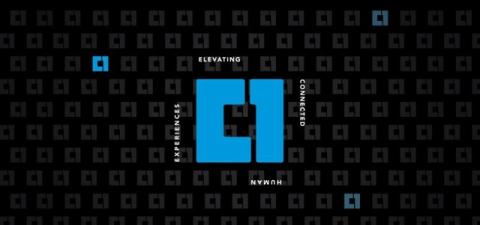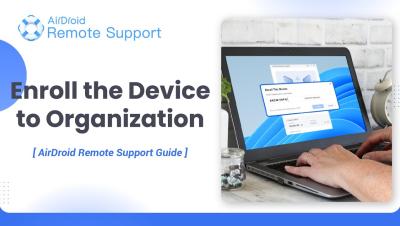Key Risks in Managing Enterprise Vulnerabilities and Assets
With the rapid adoption of cloud environments, IoT devices, and remote workforces, the attack surface of many organizations has grown exponentially. Each new system or endpoint introduces potential vulnerabilities that need to be identified, managed, and mitigated. This expanded attack surface makes it difficult to track all the moving parts, leaving organizations vulnerable to breaches.







